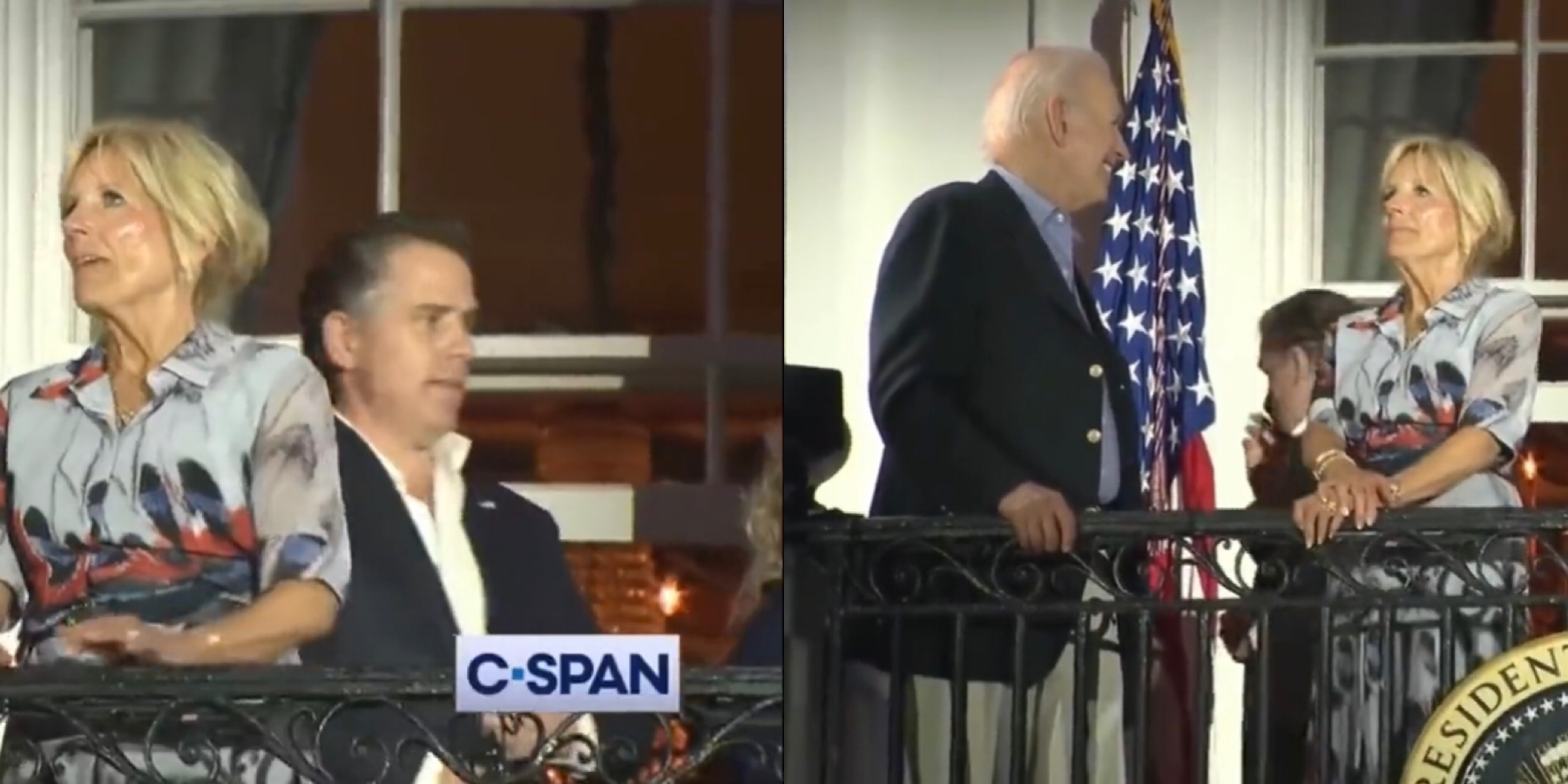Politics
BREAKING: Secret Service Refuses To Release Cocaine Records, Denies FOIA Request

The United States Secret Service has denied a Freedom of Information Act (FOIA) request filed by Jason Leopold of Bloomberg News. The request sought access to records relating to the finding of cocaine within the West Wing of the White House.
Leopold submitted the FOIA request on July 10 requesting the Secret Service release specific records, including emails, text messages, photographs, memos, letters, directives, intelligence bulletins, threat assessments, after-action reports, suspicious activity reporting, and open-source intelligence/social media monitoring reports related to the incident. However, the request was formally denied in a letter received by Bloomberg News on July 11.
In the denial letter, the Secret Service justified its decision, claiming that the release of the requested documents “could reasonably be expected to interfere with enforcement proceedings.” The Secret Service also invoked the “Foreseeable Harm” standard.
NEW: In response to my #FOIA request, Secret Service says it cannot release any records about the cocaine found in the White House because it would interfere enforcement proceedings. pic.twitter.com/28ErB3oWkL
— Jason Leopold (@JasonLeopold) July 11, 2023
The denial of the FOIA request continues to fuel speculation about the incident. Leopold and Bloomberg News will appeal this decision, a process that must be initiated within ninety days of receipt of the Secret Service’s denial. They can send their appeal to the Deputy Director of the U.S. Secret Service in Washington D.C.
Leopold tweeted, “Nothing unusual with that response. I’m still going to appeal though because agencies cannot issue a blanket b7a denial without conducting a document by document search and segregating records that would not interfere with enforcement proceedings, if any exist.”
Absolutely. Nothing unusual with that response. I'm still going to appeal though because agencies cannot issue a blanket b7a denial without conducting a document by document search and segregating records that would not interfere with enforcement proceedings, if any exist
— Jason Leopold (@JasonLeopold) July 11, 2023
The b7a exemption is a provision within the U.S. Freedom of Information Act (FOIA) that allows government agencies to withhold records or information compiled for law enforcement purposes, but only to the extent that the production of such law enforcement records or information could reasonably be expected to interfere with enforcement proceedings.
However, exemptions should not be used to deny information en masse without first ensuring the requested information indeed falls under the cited exemption.
In a subsequent Twitter exchange, a user questioned if Leopold had considered submitting a FOIA request regarding any cocaine or drug discoveries by the Secret Service at the White House during 2017-2021. Leopold humorously responded, “I FOIA’d everything known to mankind during the years 2017-2021.”
I FOIA'd everything known to mankind during the years 2017-2021
— Jason Leopold (@JasonLeopold) July 11, 2023
On July 7, an investigation had been launched by the House Committee on Oversight and Accountability following the disturbing discovery of cocaine within the White House. The illicit substance, discovered in a facility used for storing cell phones by staff and guests, had necessitated an evacuation of the building.
The House Oversight Committee stated in a letter that the presence of illegal drugs in the White House was “unacceptable and a shameful moment in the White House’s history.”
The occurrence drew attention to security concerns at the White House, with Comer asserting that the committee, having oversight jurisdiction over the United States Secret Service (USSS) operations, looked forward to additional information from Director Cheatle.
The incident had occurred just two days after Hunter Biden’s visit to the White House, sparking speculation due to his well-documented history of drug use, including a positive cocaine test that resulted in his discharge from the U.S. Navy.
As the investigation unfolded, NBC News reported that the cocaine had been discovered in a “much more secure” area than initially thought, debunking previous claims by White House officials that it had been found in a high-traffic area used by visitors. Andrea Mitchell from MSNBC and Kelly O’Donnell from NBC confirmed that the substance was discovered near the Situation Room and the West Executive entrance, places of limited access.

